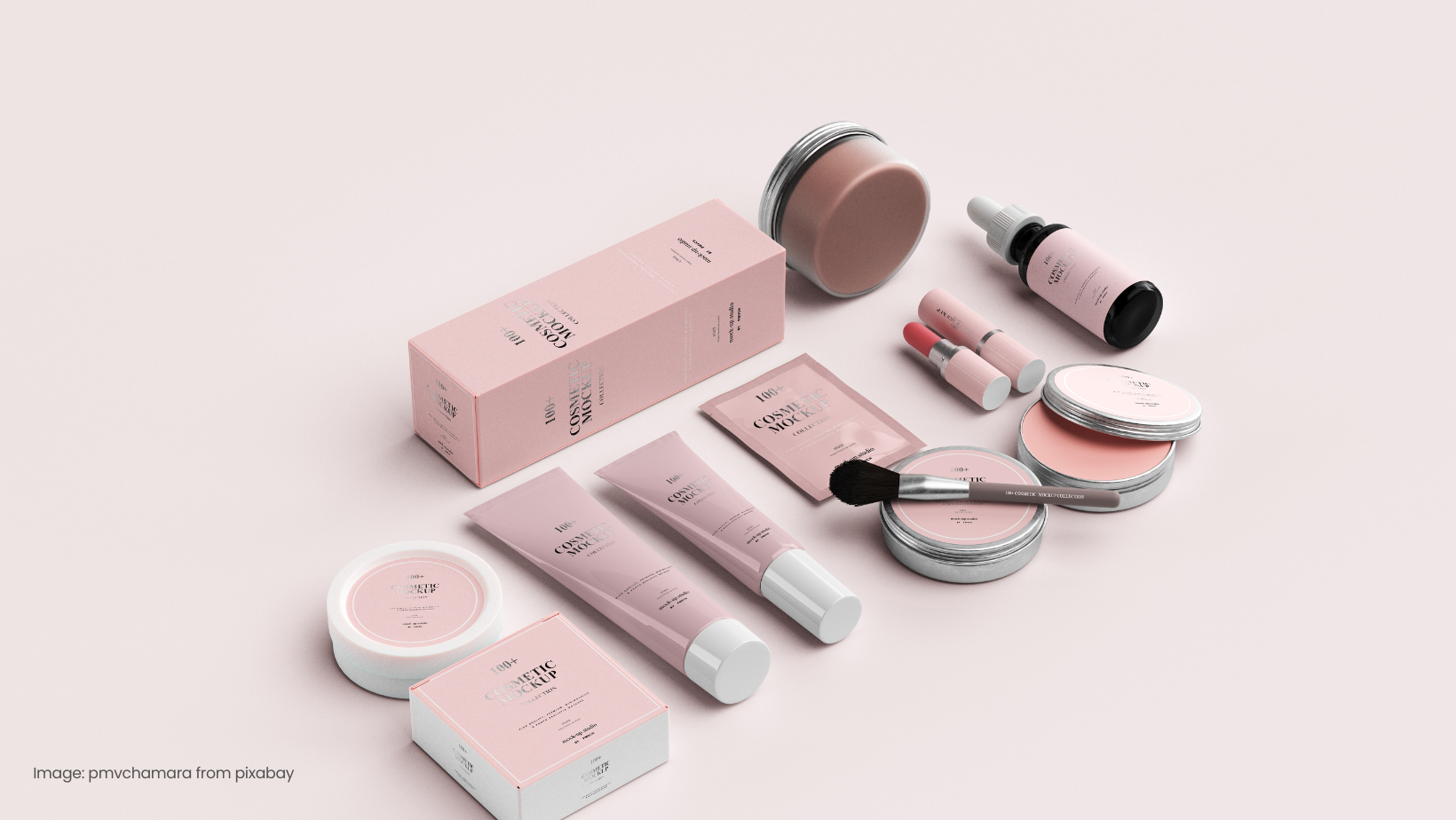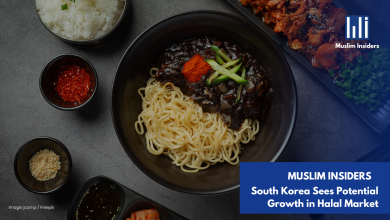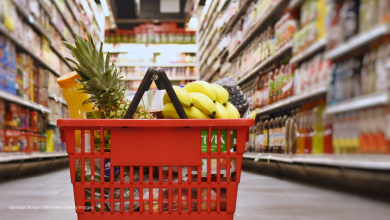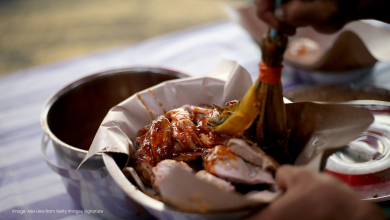
In today’s generation, many people heavily rely on ChatGPT for various aspects of their lives. Its ability to produce instant information has significantly helped users in making informed decisions, solving problems, and enhancing productivity. Using ChatGPT to determine the halal status of cosmetic ingredients can cause a lot of confusion, as it is not as reliable as halal certification bodies or Islamic authorities.
Key Challenges of Halal Cosmetics
The halal cosmetics industry faces several significant challenges that can impact both consumers and brands. With a limited range of halal-certified cosmetics available, people may turn to research to determine halal status. However, using ChatGPT can be problematic, as its information may be vague or incorrect, leading to misunderstandings about what is actually halal. Some brands that use “natural” or “vegan” to imply the products are halal can mislead consumers who are seeking truly halal options.
Availability of Halal Products
Finding halal cosmetics can be challenging especially in regions where the market is not well-established or where non-halal brands dominate the shelves. While Halal certified brands such as SimplySiti, dUCk, Cosmoderm and Wardah can be found in Malaysia, the range of halal-certified cosmetics are still be limited compared to non-halal options. Due to this, consumers might find fewer options in terms of brands and product types.
Ingredient Sourcing and Compliance
Halal cosmetics have to follow strict rules about the ingredients they use, avoiding anything that’s considered forbidden. This makes it harder for halal brands to create their products, especially when competing with foreign brands such as Western brands and Korean brands that don’t have to follow these rules. It’s also more challenging because halal brands need to be very transparent about where their ingredients come from.
Halal Certification
Gaining a halal certification can be tough for small businesses. The process is complicated and costly, which can make it hard for smaller companies to get their products certified. This can limit the variety of halal cosmetics available on the market, as many smaller or newer brands may struggle to afford or navigate the certification process. As a result, the range of halal cosmetics might be narrower, impacting overall market diversity.
How ChatGPT Can Complicates It

It doesn’t know halal rulings
According to ChatGPT, its responses are based on general knowledge and may not cover every detail of specific halal rulings. For example, it might not clearly say if lanolin is halal. Lanolin comes from sheep’s wool and is considered pure and halal, but ChatGPT might give a vague answer, suggesting it could be haram because it’s from an animal. It doesn’t always know if the process used to get lanolin is halal.
Limitation of religious knowledge
ChatGPT doesn’t have deep knowledge of religious rules. It uses general information and might not fully understand complex religious or halal guidelines. So, its answers might not be very accurate for detailed religious questions. For specific religious advice, it’s best to ask an expert or authority.
How to check if a cosmetic is halal?
In Islam, any impure ingredients, or known as najis should not be used or consume by Muslims.
Look for halal certifications
This is simply the easiest method to check if the product is halal. Look for halal logos issued by official government authorities, such as JAKIM (Malaysia), MUIS (Singapore), and MUI (Indonesia). These logos indicate that the product has been formally approved. You can find halal logos for various countries here. Halal-certified products have gone through a thorough process to ensure their ingredients and manufacturing are compliant. This certification confirms that the product meets halal standards and gives you confidence in its halal status.
Check for suspicious ingredients
Halal cosmetics are made of ingredients which are free from non halal sources. This includes forbidden animals (e.g., dogs and pigs), harmful ingredients and ingredients derived from human body (e.g., placenta and stem cells).
Common ingredients found in cosmetics to watch out for are:
- Carmine (red pigment from crushed beetles)
- Keratin (often from non-halal animal sources)
- Oleic acid, gelatin (from animal matter)
- Animal fats like glycerin and stearic acid (often from pork)
Consider brands that practice ethical and sustainable practices
Halal cosmetics are not only be seen for their clean and safe ingredients. Brands that practice ethical and sustainable practice align closely with Islamic values. Try to look for cosmetic products with labels of cruelty free, vegan and have EWG certification. While these labels are useful, it can be misunderstand as halal. Hence, using or consuming product that is halal-certified should be a top priority to ensure its halal status.
Conclusions
While ChatGPT can be helpful, it’s not the best way to check if cosmetics are halal. Understanding halal rules and ingredient sourcing is complicated, and an AI can’t always provide accurate answers. It’s better to consult official halal certification bodies and trusted Islamic authorities to make sure products meet halal standards. By choosing halal-certified brands and being careful about ingredients, people can make choices that align with their beliefs. Technology can assist us, but we should always prioritize responsible decisions in personal care and faith.




